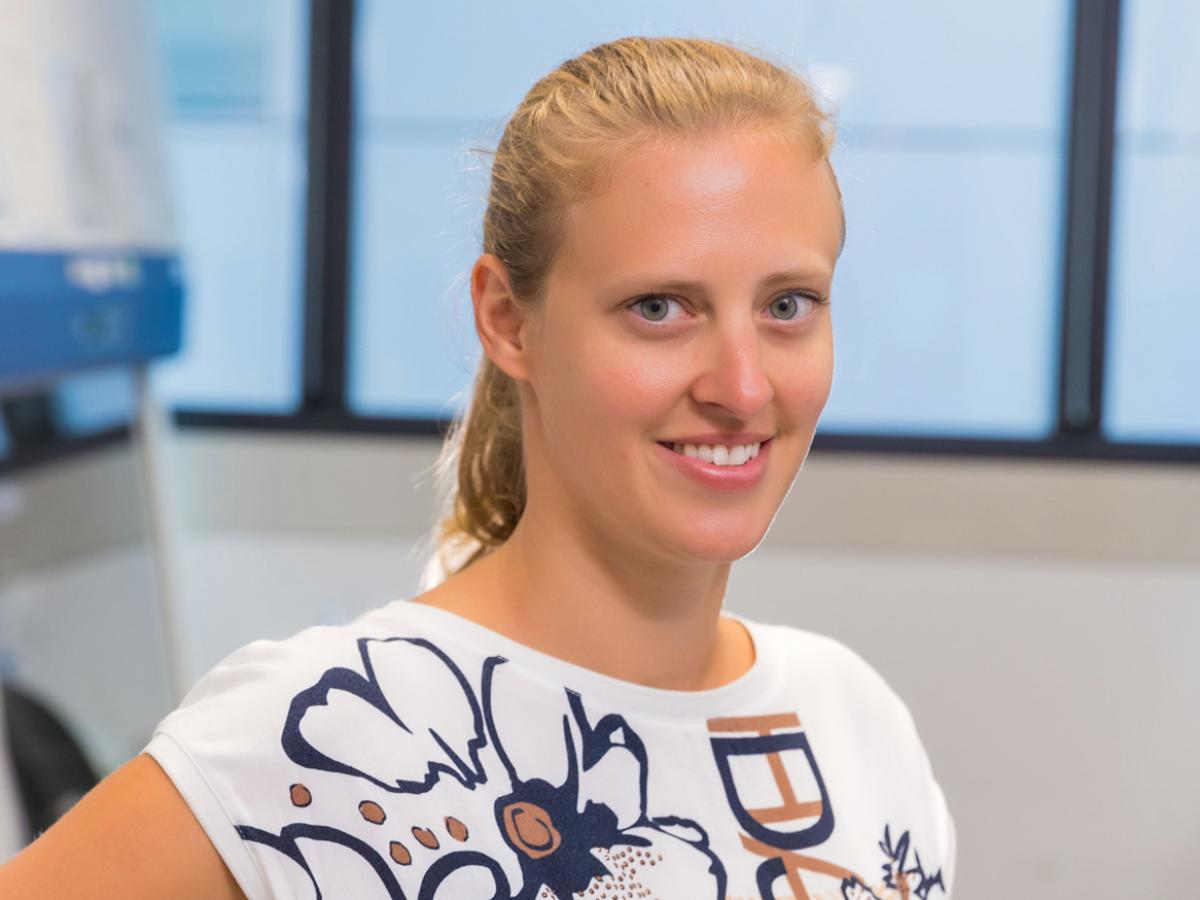
Researchers from the University of Adelaide have received funding to further their work into treatment resistant breast cancer.
About 30 percent of people diagnosed with Estrogen Receptor Positive (ER+) breast cancer will stop responding to treatment and progress to metastatic disease.
This is caused by their tumours becoming resistant to the standard of care treatment, and there being no clear second-line treatment.
University of Adelaide researcher Dr Joanna Achinger-Kawecka and colleagues are exploring the molecular mechanisms behind the resistance, and have been boosted by funding from the National Breast Cancer Foundation.
Dr Achinger-Kawecka, from the South Australian immunoGENomics Cancer Institute (SAiGENCI), will receive almost $1.1 million over four years for her work.
"About 70 per cent of people with breast cancer have ER+ cancer which responds to the endocrine treatment, but over a third of those will stop responding," says Dr Achinger-Kawecka.
"Our work suggests the resistance might be caused by transposable elements which are pieces of ancient viral DNA which while thought to be mostly inactive, make up nearly half of our genome.
"Using cutting-edge genomic technologies and pre-clinical patient-derived models, we aim to identify novel, targeted treatment strategies for patients with metastatic disease.
"Our research has the potential to transform the treatment landscape of advanced breast cancer by delivering effective and personalised therapies that improve patient outcomes."
SAiGENCI director Professor Chris Sweeney, congratulated Dr Achinger-Kawecka and her team on the grant.
"The University of Adelaide has a strategic commitment to tackling the grand challenge of improving health and wellbeing for all society and this funding contributes to vital work in an issue close to the heart of many," says Professor Sweeney.
"We believe our researchers are well placed to help address some of the world's most pressing health issues."






